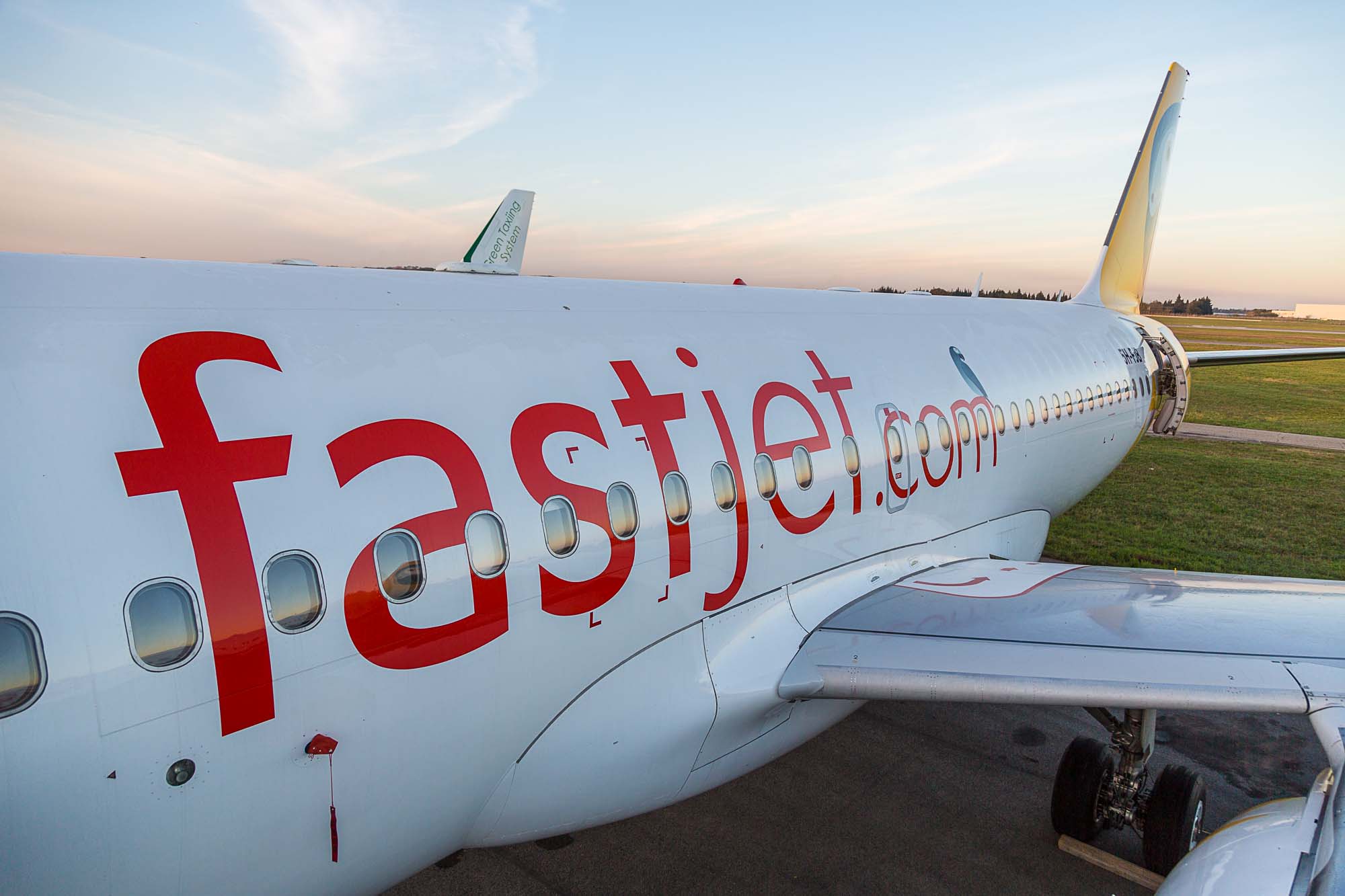Fastjet, the low-cost African airline, has posted an operating loss of $31 million for the six months to 30 June 2016, compared to a loss of $12.8 million in the year-ago period. After tax, the airline lost $15 million, compared to a profit of $6.4 million a year ago. Revenue was up slightly from $31.5 million in H1 2015 to $33.1 million.
Passenger numbers rose 9% on H1 2015 to 398,593 (including fastjet Zimbabwe), but aircraft utilisation was down by 3% on H1 2015 to 10.1 hours during peak months.
“The first six months of 2016 was a very difficult and challenging time for fastjet,” said Nico Bezuidenhout, Chief Executive Officer. “While positive developments included the launch of fastjet flights between Harare and Johannesburg, adverse economic and trading conditions significantly impacted the Company’s financial results and passenger numbers.
“As a result, my focus since being appointed has been to undertake a fundamental review of all aspects of fastjet’s business model and operations. My immediate priority is to stabilise the business, reduce costs and ensure that we have the correct size of fleet, in terms of both number and size of aircraft.
“I am pleased to report that this work is beginning to deliver some tangible results. We are relocating fastjet’s Head Office from Gatwick to Johannesburg (our largest international destination) so as to both reduce costs and be much closer to our home markets. By the end of the year, our existing fleet of five A319 aircraft will be reduced to three and will be replaced by three smaller leased aircraft, an initiative which is expected to lead to a reduction in seat capacity and trip-cost of approximately 15%.
“We continue to pursue cost-reduction and revenue-generating initiatives and to refine and develop our customer offering and low cost model. Conditions remain very challenging and there is much work to be done. But I am confident that the business is becoming more stable and that we are slowly moving towards a platform from which, in due course, fastjet will be able to consider gradual expansion opportunities and start to deliver on its undoubted potential.”

